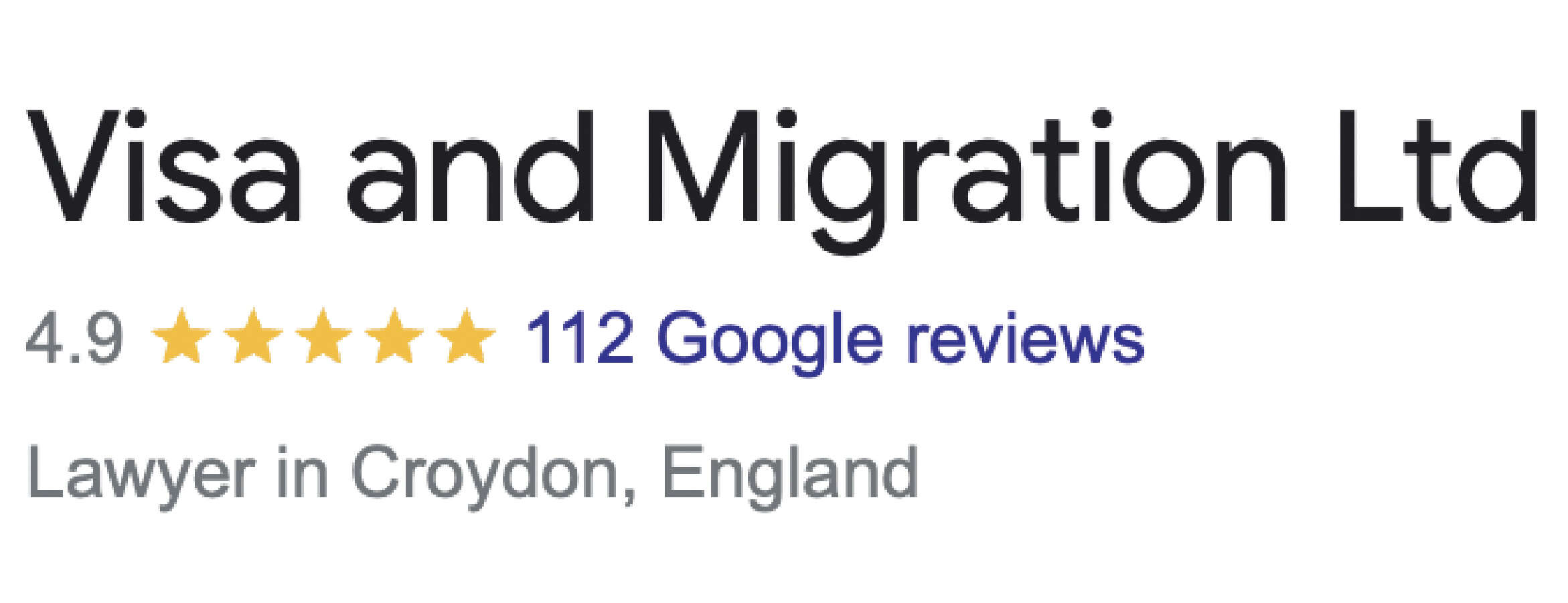In June 2016, 52% of referedum votes were cast in favour of Britain leaving European Union. This meant that the formal procedure of UK withdrawing from EU would start upon triggering Article 50, with the UK on course to leave the EU by the end of a 2 year period. But what does Brexit mean for non-British citizens living in UK and British citizens living in the EU?
Though the referendum was supposed to solve the issue of the relationship between Britain and Europe for once and all, it has actually raised many more questions.
Immigration is at the centre of discussions around Brexit. The debate is still on how far the UK is going to reclaim control of EU migration into the UK. As of now, the new UK Prime Minister Theresa May has said that there will be restrictions on EU immigration, but how and to what extent is still to be seen. However, it is clear that the Prime Minister's intention is to cut the numbers of EU immigrants coming to UK.
What does Brexit mean for immigrants to the UK?
The clear message sent out to the immigrants is that
UK visa rules to enter the UK are going to become tougher. Applicants will need to have enough skills to contribute to the UK economy and have a good command of the English language, along with other requirements to enter and live in UK. How much of this is going to be implemented and what will be the method to curb the number of immigrants is yet not clear, however.
After the UK voted in favour of Brexit, hate crimes, racist or religious abuse incidents have risen significantly; as high as 40%, according to Home Office figures. As the complete separation of UK from Europe will be multi-year exercise, with hundreds of choices still to be made, how this situation will be resolved is yet to be seen.
What impact will Brexit have on businesses?
Even 4 months after the Brexit vote, it is still not clear what impact it will have on businesses in UK and businesses in EU. However, the pound fell dramatically after the result of Brexit vote at the end of June 2016, with the Bank of England also cutting interest rates from 0.5% to 0.25% in the month of August to boost the UK economy.
Any change in business laws will impact the businesses on both sides of the Channel. A producer producing in UK and selling in the EU would find it difficult, and vice-versa. Prices may go up as well.
On the other hand, businesses in the UK may benefit because of growing demand for products made entirely in UK.
Already trade has been affected as inflationary pressures are building and businesses are finding it difficult to bring materials; fuels, for example, rose by 7.6% in price in the month of August.
Going forward, only time will tell how beneficial (or not) Brexit will be. The situation is going to change after Brexit takes place in full by the end of March 2019. New regulatory and administrative procedures laid for UK will raise the complexity for businesses on both the sides....





